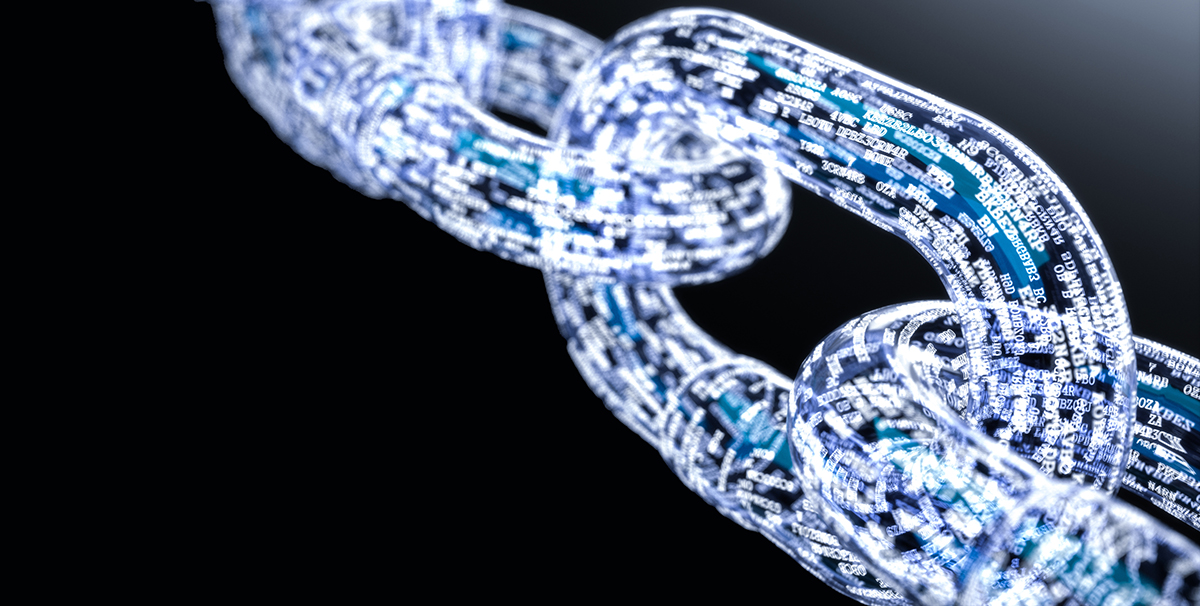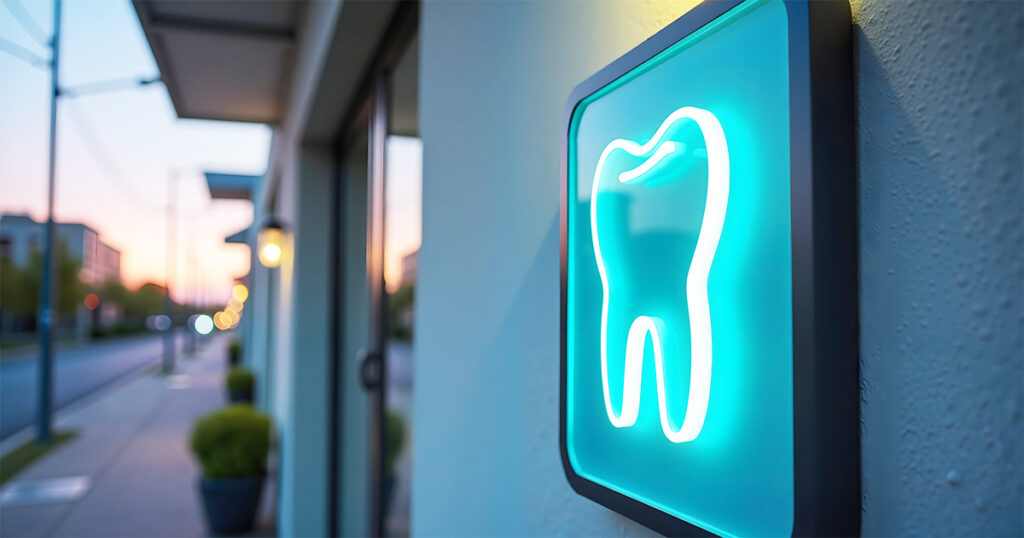While investors see Bitcoin and other cryptocurrencies as an investment opportunity, some dental industry professionals see the technology behind it all as an opportunity for innovation in the dental industry.
In December of 2017, a dental practice in Dallas announced via social media that it had just completed its first Litecoin transaction as payment in exchange for services, and this may just be the tip of the iceberg. Looking past Bitcoin, Litecoin and others as an investment or currency, most experts actually see the real opportunity not in cryptocurrency itself, but in the technology behind it—blockchain.

Blockchains are distributed systems that log transaction records on linked blocks and store them on an encrypted digital ledger. There is no one central administrator, meaning there isn’t one location where all the information on the blockchain is held. It has unprecedented security benefits because records are spread across a network of replicated databases that are always in sync. Users can only update the block they have access to, and those updates get replicated across the network. All entries are time and date stamped.
While blockchain principles were first applied in the financial world as the technology that allowed Bitcoin to operate, it has applications for many industries including healthcare. Patient medical records, drug development and supply chain, claims and billing, and medical research are just some of the areas it could impact by potentially cutting out middle men—companies—and allowing secure access to the most recent data in real time.
Although there are some incredibly exciting ways blockchain can enhance healthcare operations, it won’t be a cure-all for the industry today, but it would certainly be a step in the right direction.
Not surprising is that the dental industry already has its own trailblazer. Meet Dentacoin, a community that asserts its devotion to improve dental care quality worldwide and boasts the first blockchain concept for the global dental industry. The current model acts as a review platform for sharing patient feedback and market research, but plans to evolve into a dental insurance model, healthcare database, aftercare mobile app and an educational website.
So as a dental professional, what does this mean? Alex Tapscott, a business owner, author and advisor focused on the impact of emerging technologies, claims blockchain “is the foundational technology of the fourth industrial revolution, holding the potential to connect and unify them. It represents nothing short of the 2nd generation of the internet.”
This past week Tapscott spoke to an audience of dentists at the CWA Annual Meeting in Miami. There he drew his audience in describing the ways that this technology could impact tomorrow’s businesses, countries and societies.
Alex then brought the audience back down to earth with his list of 10 “showstoppers.” With things on the list ranging from energy constraints to killing jobs, he gives the audience the choice to decide for themselves if this is a bad idea, or simply an implementation challenge.
Though blockchain and the opportunities it may bring may not be fully understood yet, Tapsccott says the possibilities are endless.
“Imagine a technology that could preserve our freedom to choose for ourselves and our families, to express these choices in the world, and to control our own destiny, no matter where we lived or were born. What new tools and new jobs could we create with those capabilities? What new business and services? How should we think about the opportunities? The answers were right in front of us, compliments of Satoshi Nakamoto.”














